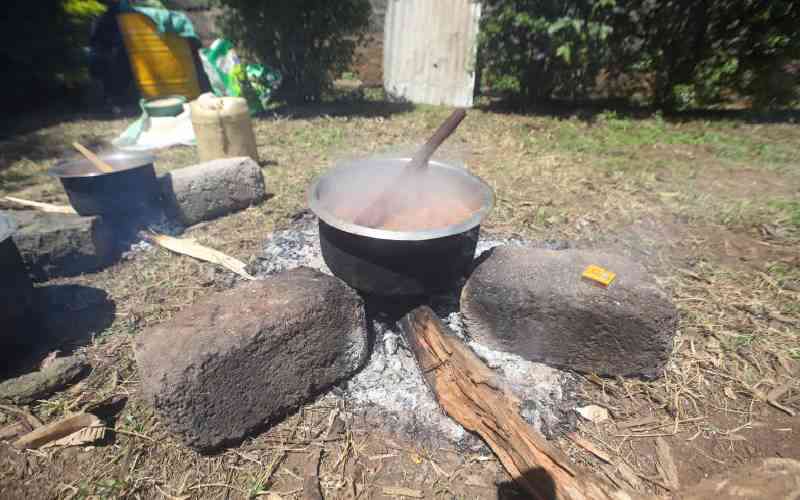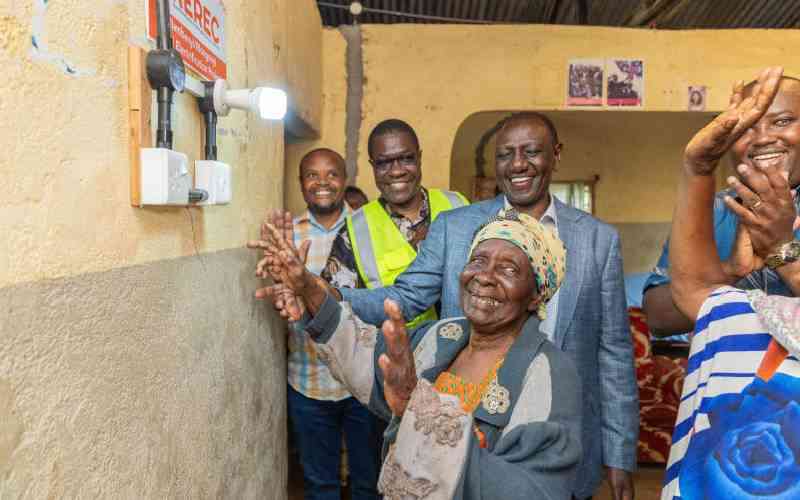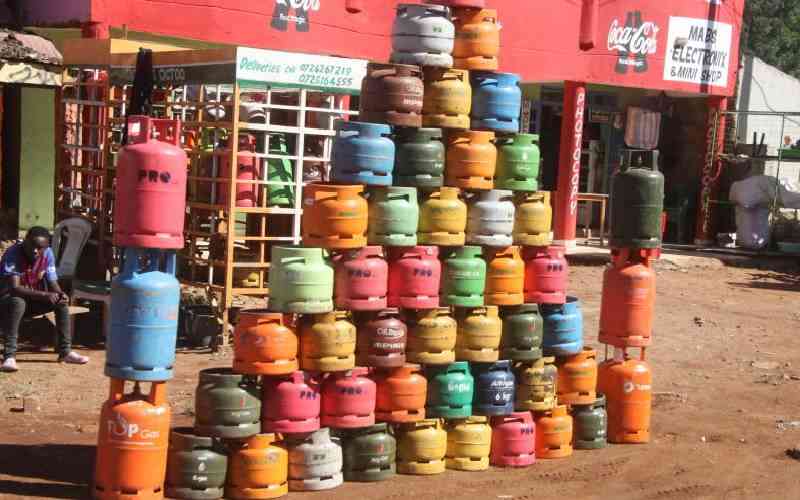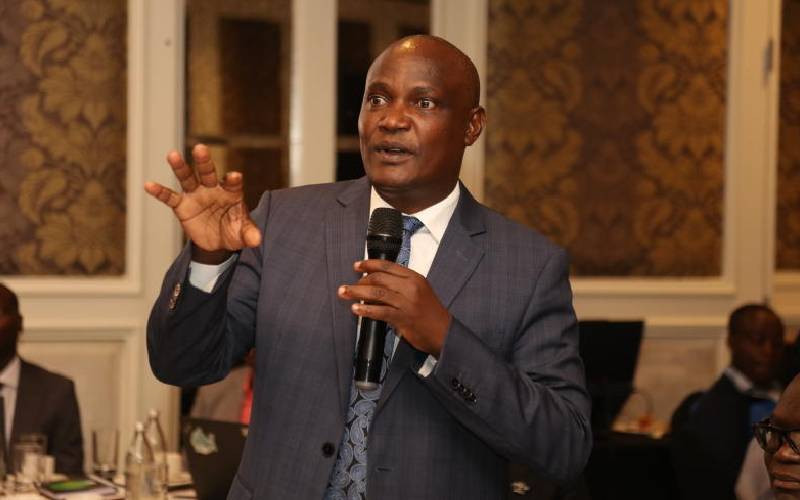
The invention of fire is heralded as a watershed in human civilisation. It became a source of security against wild animals, made food tastier and killed pathogens in the raw food. It made a harsh environment friendlier, we could warm ourselves while wearing scant clothes. That was long before the age of air conditioning and clothes for different seasons.
Few have any connections to the age of the “open fire,” which is now easily found through a gas cooker or an electric heater. In the tropics, warming ourselves is not an issue. I laugh when I hear “Nairobians” complaining of cold in July. Can you follow up temperatures on weather channel for a few faraway places? My suggestions; Iqaluit in Canada, Nuuk in Greenland or Antarctica. In the temperate regions, air conditioning took over from open fires.
A few of us have links to the fire, the hearth, with three stones for cooking. Firewood was burnt to cook and warm the house. The smoke, I realised later kept off the insects despite making one “cry.” Like early man, we sat around the fireplace: It was the family living room, dining room and kitchen put together. That is why I feel there is a lot of waste in designing modern houses. Should the biggest room in the tropics not be the balcony or the veranda to enjoy the sunshine? Mzungu had started us with his verandahs. He borrowed either from the Portuguese or Indians.
It was fun watching food being prepared; from peeling potatoes to chopping cabbages or sukuma wiki or removing peas from their pods. We grew all our food. From sheep or chicken we got meat. I only ate fish in high school. Ugali was rarely cooked but treated as a delicacy. With no tables or stools, you kept your food on the floor or held the plate with your hands. In season, roasting maize was pure fun.
We miss this quality family time. With no TV or radio “interruption” for news or entertainment, we created our own entertainment. Remember there was no home work! And no mobile phones. We could not be more human. Try living like us: Keep off your TV, phone, computer, watch, and supermarket for a day and report back.
Forgotten traditions
Our key entertainment was sharing stories. My parents had enough of them. They had shifted residences several times between 1937 and 1963. In most cases it was acrimonious from fear of witchcraft to community destabilisation during Mau Mau. One sad story was about my father’s brother who fought for the British Empire in Burma. Back home, they detained him. Every place they lived had a story and its characters. My parents, and their generation’s grasp of their family tree has never ceased to fascinate me.
The stories were fascinating for another reason, my parents had encountered the old order, where the traditional society was intact in attire, rituals and beliefs. I found a bit of that. A few neighbours, mostly women, wore traditional shukas and earrings. Christianity later adorned them with modern attire. Sadly, photography was rare and their images in such attire might be lost forever.
We had riddles and proverbs while learning English and other facets of modernism. As I grow older, I’ve learnt to appreciate traditional wisdom more. It often surprises me how you can match our proverbs with economic insights that won Nobel prizes. For thousands of years the traditional society through sages, and their experiences observed patterns and extracted wisdom which they preserved through proverbs, passed through the word of mouth. Don’t we do the same through citations in academia?
We loved visitors. They brought more stories and occasionally, goodies like bread and sweets. Respected visitors had a sheep slaughtered for them. That is very different from getting meat from local butchery. How can we preserve that traditional respect?
But we also feared relatives visiting! Without phones, such visitors often brought bad news, such death of another relative. The rest of the visitors were usually neighbors in need. Either “borrowing fire,” salt, invitation to events like dowry or sometimes to resolve disputes, but rarely violent. If you are an urbanite, you may need a translator for my story. The only neighbours from far or majuu were the local priest and some tourists who would occasionally pass by to visit the national park nearby or their relatives who remained behind after uhuru.
We only saw a tarmacked road and a light bulb while at the age of 10. The village where I grew up will remain secret for security reasons but there is still no tarmac road, 130 years after Kenya became a British protectorate.
The hearth may be gone in most homes, but I recall it with nostalgia. It was a symbol of togetherness, a fountain of wisdom and inspiration. The hearth gave us a starting point in our lives. It gave us wings to fly, an anchor in the stormy social life. It still connects us as family members. What is today’s equivalent to the hearth? Flat screen TV?







